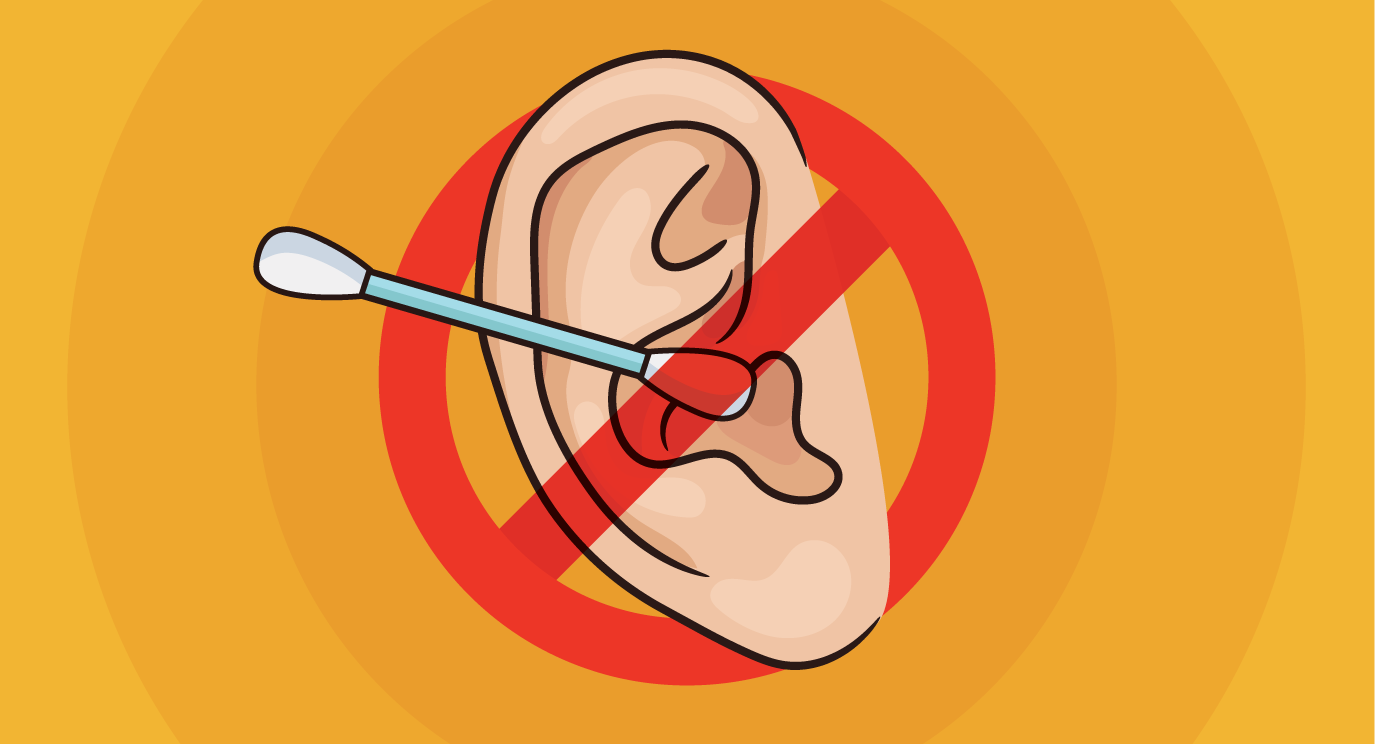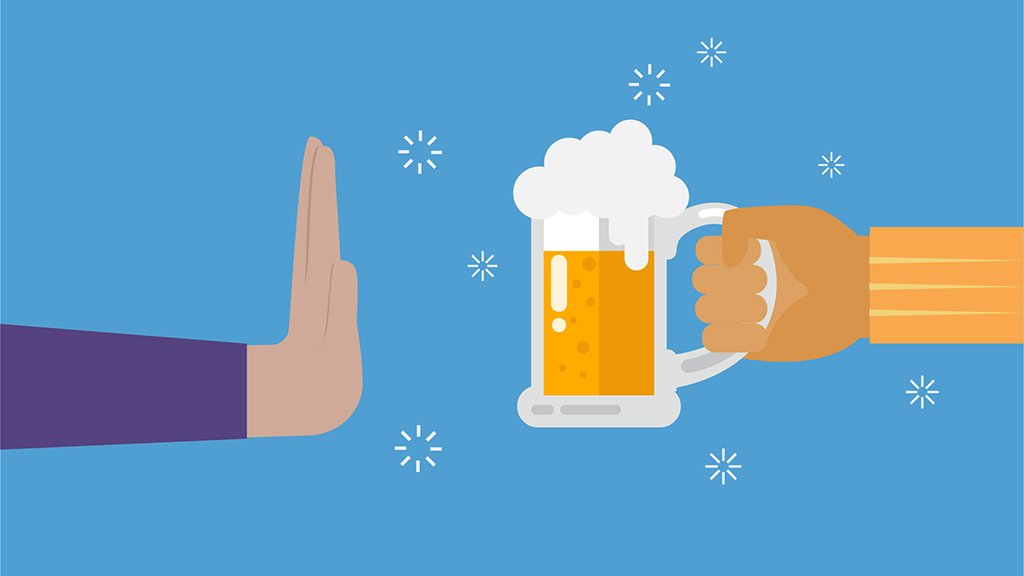- Diseases
- Acoustic Neuroma (14)
- Adrenal Gland Tumor (24)
- Anal Cancer (66)
- Anemia (2)
- Appendix Cancer (16)
- Bile Duct Cancer (28)
- Bladder Cancer (68)
- Brain Metastases (28)
- Brain Tumor (228)
- Breast Cancer (716)
- Breast Implant-Associated Anaplastic Large Cell Lymphoma (2)
- Cancer of Unknown Primary (4)
- Carcinoid Tumor (8)
- Cervical Cancer (154)
- Colon Cancer (164)
- Colorectal Cancer (110)
- Endocrine Tumor (4)
- Esophageal Cancer (42)
- Eye Cancer (36)
- Fallopian Tube Cancer (6)
- Germ Cell Tumor (4)
- Gestational Trophoblastic Disease (2)
- Head and Neck Cancer (6)
- Kidney Cancer (124)
- Leukemia (344)
- Liver Cancer (50)
- Lung Cancer (288)
- Lymphoma (284)
- Mesothelioma (14)
- Metastasis (30)
- Multiple Myeloma (98)
- Myelodysplastic Syndrome (60)
- Myeloproliferative Neoplasm (4)
- Neuroendocrine Tumors (16)
- Oral Cancer (100)
- Ovarian Cancer (170)
- Pancreatic Cancer (166)
- Parathyroid Disease (2)
- Penile Cancer (14)
- Pituitary Tumor (6)
- Prostate Cancer (144)
- Rectal Cancer (58)
- Renal Medullary Carcinoma (6)
- Salivary Gland Cancer (14)
- Sarcoma (236)
- Skin Cancer (294)
- Skull Base Tumors (56)
- Spinal Tumor (12)
- Stomach Cancer (60)
- Testicular Cancer (28)
- Throat Cancer (90)
- Thymoma (6)
- Thyroid Cancer (98)
- Tonsil Cancer (30)
- Uterine Cancer (78)
- Vaginal Cancer (14)
- Vulvar Cancer (18)
- Cancer Topic
- Adolescent and Young Adult Cancer Issues (20)
- Advance Care Planning (10)
- Biostatistics (2)
- Blood Donation (18)
- Bone Health (8)
- COVID-19 (362)
- Cancer Recurrence (120)
- Childhood Cancer Issues (120)
- Clinical Trials (624)
- Complementary Integrative Medicine (24)
- Cytogenetics (2)
- DNA Methylation (4)
- Diagnosis (230)
- Epigenetics (6)
- Fertility (62)
- Follow-up Guidelines (2)
- Health Disparities (14)
- Hereditary Cancer Syndromes (122)
- Immunology (18)
- Li-Fraumeni Syndrome (8)
- Mental Health (118)
- Molecular Diagnostics (8)
- Pain Management (62)
- Palliative Care (8)
- Pathology (10)
- Physical Therapy (18)
- Pregnancy (18)
- Prevention (892)
- Research (390)
- Second Opinion (74)
- Sexuality (16)
- Side Effects (602)
- Sleep Disorders (10)
- Stem Cell Transplantation Cellular Therapy (216)
- Support (404)
- Survivorship (322)
- Symptoms (184)
- Treatment (1770)
What's a calorie deficit?
5 minute read | Published August 22, 2024
Medically Reviewed | Last reviewed by an MD Anderson Cancer Center medical professional on August 22, 2024
Dietitian Jessica Tilton describes calories as the energy in food, but she also understands that for many of us, they represent so much more.
“What we eat is very important; it's personal,” she says. “We associate so many things with comfort, with love, with family members. Long-term diet change presents challenges because of these associations.”
Perhaps that’s why the idea of a calorie deficit can feel so much easier said than done.
Ahead, Tilton shares more about calorie deficits and how balancing your diet and physical activity can help you reach – and maintain – a healthy body weight.
What is a calorie deficit?
A calorie deficit occurs when you burn more calories than you consume, Tilton says.
Your diet and physical activity levels can contribute to a calorie deficit.
“A caloric deficit can be reached by consuming fewer calories, increasing physical activity levels or both,” Tilton says. “Most weight loss programs recommend a reduction in calories and an increase in physical activity as a sensible and, more importantly, sustainable way to promote weight loss.”
Diet: Your body gets calories through the foods and drinks you consume. MD Anderson dietitians recommend eating meals rich in whole grains, vegetables, fruits, beans, nuts and seeds.
Physical activity: Your body uses calories to fuel everything from functions like breathing and digestion all the way to physical activities like exercising, Tilton says. The American Institute for Cancer Research suggests a minimum of 150 minutes of moderate exercise or 75 minutes of high intensity exercise each week.
How much of a calorie deficit is needed to lose weight?
Each person has unique calorie needs. These needs are determined based on factors including age, sex, height, weight and physical activity levels.
Not everyone needs to be in a calorie deficit. To find out if a calorie deficit is right for you, first determine if your weight falls into a healthy range. This can be done by speaking with your doctor or using at-home tools like a Body Mass Index (BMI) calculator or by measuring your waist circumference.
If your results fall outside of the healthy range and you'd like to lose weight, Tilton says general calorie deficit recommendations suggest that eating 500 fewer calories per day may help with weight loss. For a more personalized recommendation, she recommends the National Institutes of Health (NIH) Body Weight Planner. This free online tool can tell you how many daily calories are needed to maintain your current weight, as well as how many are needed to reach your goal weight.
Calorie recommendations change based on weight. This means that the calorie deficit you aim for when you start losing weight will change as you make progress.
This is why Tilton says the general guidance that says eating 3,500 fewer calories per week leads to a pound of weight loss isn’t necessarily true – at least long-term!
“Weight reduction leads to a change in energy needs. Energy balance is dynamic and leads to change with weight loss,” Tilton says.
The size of a calorie deficit can also affect how quickly you will lose weight, Tilton notes. For example, a 100-calorie deficit will result in a slower weight-loss process than, say, a 500-calorie deficit. But together with healthy changes like increased physical activity levels, even a small calorie deficit can make an impact over time.
How long can I be in a calorie deficit?
The amount of time you will need to be in a calorie deficit depends on your weight loss goals. Generally, Tilton says it is OK to stay in a calorie deficit until you’ve reached your goal weight as long as you feel comfortable.
However, she notes that a long-term calorie deficit may suppress metabolism and slow down how quickly you lose weight.
Even in a calorie deficit, choose healthy options to ensure your body gets the nutrients it needs. You shouldn’t feel intense hunger or notice any signs of malnutrition, Tilton says.
“With a well-balanced diet of whole foods and 150 to 300 minutes of moderate physical activity weekly, many people can remain in caloric deficit until they meet their weight loss goals,” Tilton says.
Is it safe for cancer patients to be in a calorie deficit?
Cancer patients should speak to their care team about their weight loss goals and if they are safe to pursue while undergoing treatment.
Senior clinical dietitian Timothy Coleman and Tilton note that weight loss is usually not recommended for cancer patients in the following situations:
- While healing from surgery
- While receiving radiation therapy
- While receiving chemotherapy
- If they are at risk for malnutrition
It is important that cancer patients consume enough calories to prevent malnutrition, Tilton says. She notes that cancer itself can affect how many calories the body uses. Additionally, treatment-related side effects such as mouth and throat sores, appetite loss, diarrhea, nausea and vomiting can make it challenging for patients to meet their nutritional needs.
MD Anderson patients can request to meet with a dietitian who can help them determine calorie needs and provide personalized nutritional support.
Why am I not losing weight in a calorie deficit?
There are several reasons why you might not lose weight even though you are in a calorie deficit.
First, Tilton notes it can be challenging to accurately assess your own eating habits. In this case, it may be helpful to work with a dietitian who can help you take an honest look at your diet.
She also notes some health conditions and lifestyle factors can affect weight loss. These include:
- Genetics
- Hormonal imbalances
- Conditions such as insulin resistance and hyperthyroidism
- Taking certain medications
- Stress
- Sleep quality
If you believe you’re struggling to lose weight because of a medical issue, Tilton says to make an appointment with your doctor.
Weight loss can be tricky to navigate alone. If you have any questions or concerns, reach out to health professionals like your doctor or a registered dietitian for support.
Request an appointment at MD Anderson online or call 1-844-705-0985.
Related Cancerwise Stories

A caloric deficit can be reached by consuming fewer calories, increasing physical activity levels or both.
Jessica Tilton
Senior Clinical Dietitian
BMI Calculator
Body Mass Index (BMI) is a tool to help you determine if you are a healthy weight. Fill out the fields below to get your BMI.
| BMI | Classification |
|---|---|
| Less than 18.5 | Underweight |
| 18.5 - 24.9 | Healthy |
| 25 - 29.9 | Overweight |
| 30 or higher | Obese |
Your BMI indicates that you are underweight. Talk to your doctor about ways to maintain a healthy weight. No matter what your weight is, eating a plant-based diet and staying physically active can reduce your risk for cancer.
Your BMI is in the normal range. If you have questions or concerns about your BMI or maintaining a healthy weight, talk to your doctor. No matter what your weight is, eating a plant-based diet and staying physically active can reduce your risk for cancer.
Your BMI is in the overweight range. Maintaining a healthy weight is one of the most important things you can do to reduce your risk of cancer and other chronic diseases. You can take steps to maintain a healthy weight.
Your BMI is in the obese range. Maintaining a healthy weight is one of the most important things you can do to reduce your risk of cancer and other chronic diseases. You can take steps to maintain a healthy weight.





